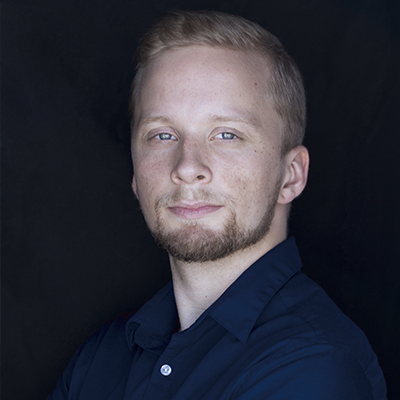We are excited to announce the publication of our latest work, “Consciousness Semanticism: A Precise Eliminativist Theory of Consciousness,” in the Brain Inspired Cogntive Architectures 2021 conference proceedings. This paper argues for a new understanding of consciousness and sentience that can help us better identify the nature of biological and digital minds.
Abstract
Many philosophers and scientists claim that there is a ‘hard problem of consciousness’, that qualia, phenomenology, or subjective experience cannot be fully understood with reductive methods of neuroscience and psychology, and that there is a fact of the matter as to ‘what it is like’ to be conscious and which entities are conscious (Chalmers, 1995). Eliminativism and related views such as illusionism argue against this. They claim that consciousness does not exist in the ways implied by everyday or scholarly language. However, this debate has largely consisted of each side jousting analogies and intuitions against the other. Both sides remain unconvinced. To break through this impasse, I present consciousness semanticism, a novel eliminativist theory that sidesteps analogy and intuition. Instead, it is based on a direct, formal argument drawing from the tension between the vague semantics in definitions of consciousness such as ‘what it is like’ to be an entity (Nagel, 1975) and the precise meaning implied by questions such as, ‘Is this entity conscious?’ I argue that semanticism naturally extends to erode realist notions of other philosophical concepts, such as morality and free will. Formal argumentation from precise semantics exposes these as pseudo-problems and eliminates their apparent mysteriousness and intractability.
Non-paywalled preprint: https://jacyanthis.com/Consciousness_Semanticism.pdf
Paywalled version of record: https://link.springer.com/content/pdf/10.1007/978-3-030-96993-6_3.pdf
